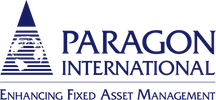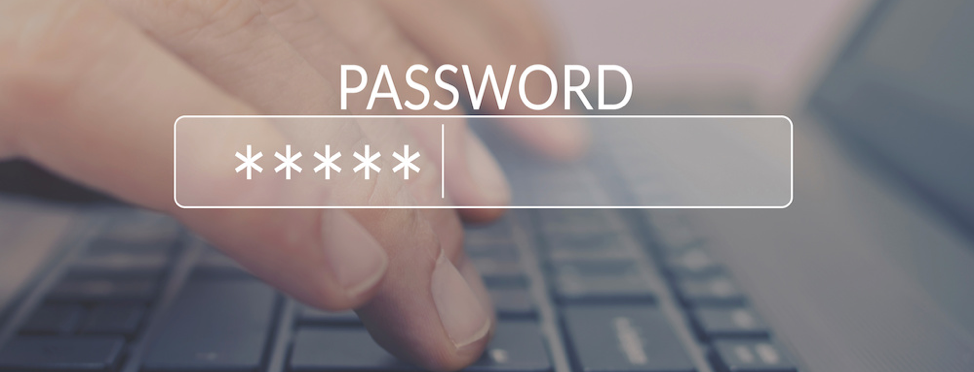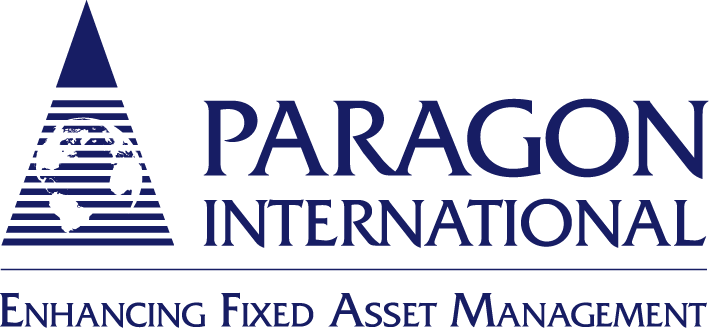Avoid Common Cybersecurity Threats and Protect Your Sage Fixed Assets Data
Cybersecurity is a constantly evolving threat, and it is simply not possible to ensure that you, your company, and your Sage Fixed Assets solution stays 100% secure 100% of the time. Fortunately, you can avoid most cyber-threats by staying just one step ahead of hackers.
Get started with these 5 clever password security tips that help keep your fixed asset data safe.
1. Require Complex Passwords
The days of straightforward, easy-to-remember passwords are over. Cybersecurity has evolved and it is simply child’s-play for cybercriminals to hack easy passwords. Plus, your employees will most likely use those simple passwords for more than one account.
To keep your company’s fixed asset data safe, require your staff to create passwords that are at least 12 characters long and use a combination of numbers, letters (capitals and lowercase), and symbols. Longer, more complicated passwords are harder to crack.
2. Use a Random Password Generator
Human brains are great at spotting patterns… but that means we also tend to get stuck in patterns. Even our most “random” passwords are likely to have some sort of secret pattern that makes them easier to crack. Perhaps we choose symbols that aren’t too close together on the keyboard. Perhaps we favor lowercase letters or the combination &V2.
Machines do not “think” in patterns like we do, which is why it makes sense to require your staff to outsource password creation to a Random Password Generator. As an added bonus, this means your staff won’t know their passwords and can’t inadvertently reveal them to a phishing hacker posing as a coworker. One of the top rated products to help with this is www.LastPass.com
3. Always Use Unique Passwords
As we said, you can never ensure that your company’s data stays 100% safe 100% of the time. Mistakes happen and passwords get leaked. Because this is inevitable, it is important that you require your staff to always use unique passwords for each account.
Using a different password for every account can be cumbersome to manage, but it sure will be a relief for the employee who discovers their account was hacked. Instead of worrying which other accounts were hacked using the same credentials, the employee will simply need to generate one new password to avert the problem. (Make sure they tell you about the breach too.)
4. Set Up Multi-Factor Authentication (MFA)
The greatest issue with password-based security is that it authorizes any user who knows the username and password for an account. Since cybercriminals steal these credentials all the time, it makes sense for your company to set up a login step that verifies the identity of the user in addition to their knowledge of usernames and passwords.
Multi-factor authentication (MFA) helps verify the identity of each user by requiring additional approval using something the user is guaranteed to have, such as their biometrics (face ID or fingerprint) or their phone. Paragon provides easy-to-use TruGrid MFA for your Sage Fixed Assets data: Fixed Assets users will be required to approve or deny login attempts, based on whether or not they initiated that attempt.
Remember to train your employees to report all unauthorized login attempts and to change affected passwords after denying an access request.
5. Use a Password Manager or Vault
It is a common practice for employees or departments to maintain a spreadsheet or handwritten list of all passwords – but writing down all those passwords is just as much of a cybersecurity threat as using the same password for every account. Instead of creating (and possibly sharing!) a written list of all passwords, require that your employees use a password manager or password vault application.
Password managers or vaults are typically freemium software. This means they are usually free at a limited capacity, such as for up to 50 passwords. However, a low-cost upgrade can be one of the best security investments your company makes. Popular password vaults include Keepass, Keychain Access (MacOS), 1Password, Dashlane, NordPass, and LastPass.
Each password vault works basically the same way: each employee memorizes one “master” password for the app, verifies their identity with multi-factor authentication, and then has access to all their complex passwords in a convenient, desktop or mobile-ready format. Best of all, each password vault’s included features make it easy to follow tips 1-4 above.
Enhance Your Sage Fixed Assets Security with Paragon International
Diligently following the 5 tips recommended in this article will make a significant impact on your data security. If you are ready to take the next step to improve your cybersecurity, reach out to Paragon about secure cloud hosting for your Sage Fixed Assets solution.
Our security platform will detect, log, eliminate, and provide forensic breadcrumbs for any suspicious activity within your hosted solution – leaving you with the peace of mind you deserve.
Paragon International is a certified Sage Software Select Partner that has served Sage Fixed Asset customers for more than 35 years. As one of the original charter FAS business partners, Paragon works closely with the product development team on enhancements and new features. Paragon provides complete inventory and asset management services and solutions, including software customization and training, barcode labels and scanners, and tailored inventory services such as data conversion and integration, asset inventories, asset policies, cost reconciliation, and appraisal services. Contact Paragon International to discover how we can help you.




